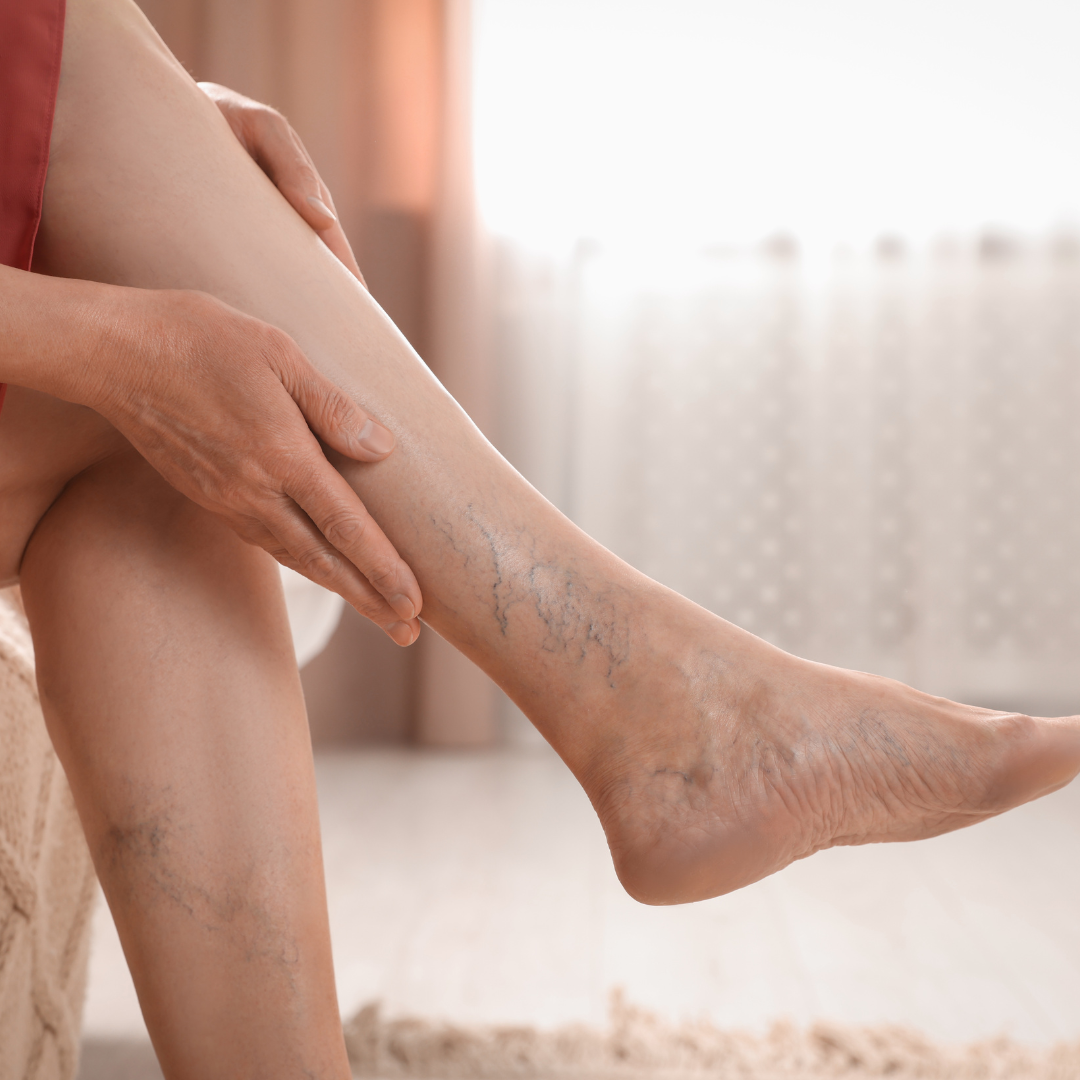Get a Mammogram for Breast Cancer Awareness Month
When was your last breast cancer screening?
HealthStar is committed to helping our patients prevent breast cancer.
October is Breast Cancer Awareness Month. HealthStar is rising to the challenge of helping women in East Tennessee get their annual breast cancer screenings with $99 screenings for all self-pay patients. Most insurance programs cover breast cancer screenings at no cost to the patient. Healthstar is also extending clinic hours to meet patient needs, from 7 a.m. to 6 p.m., including every other Saturday.Throughout October, every patient will receive a special gift of appreciation. AND, HealthStar is celebrating breast health with Mammo Mondays! All mammography patients on Mondays in October will be treated with snacks and beverages.
So, why should I get a mammogram?
Screening Mammography is vital to the prevention of life loss by detecting breast cancer early, improving the odds of survival greatly. NationalBreastCancer.org has this to say: When breast cancer is detected early, and is in the localized stage, the 5-year relative survival rate is 100%. Early detection includes doing monthly breast self-exams, and scheduling regular clinical breast exams and mammograms. Breast exams are important! They’re non-invasive, and only take about 20 minutes.
Why should I trust HealthStar for my breast cancer screening?
Healthstar is accredited by the FDA and the American College of Radiology, the gold standard in medical imaging. Breast cancer screening at Healthstar includes Digital Mammography and 3D Mammography, which offer easier access to images, clearer images and more accurate readings.
What are signs and symptoms of breast cancer?
There are several kinds of breast cancer, including male breast cancer. But some common symptoms, according to Mayo Clinic , include
- Lump or thickening area in the breast tissue.
- Changes in breast size, shape or appearance.
- Changes to breast skin, like “dimpling.”
- A newly inverted nipple.
- Peeling, scaling, crusting or flaking of the areola (the darker area around the nipple.)
- Redness or pitting of breast skin that resembles an orange peel.
Even if you’ve recently had a breast screening that came back normal, see your doctor if you notice any of the above changes. It’s always better to be safe than sorry.

What causes breast cancer?
The causes of breast cancer are complex. Doctors know that hormonal, lifestyle and environmental factors can sometimes increase the risk of developing breast cancer, but not always. As with many other kinds of cancer, the reasons that some people develop it and others don’t are unclear. Like other cancers, breast cancer happens when normal cells begin to grow abnormally. This is what causes the lumps or skin changes in the breast. There are some risk factors that have been associated with increasing a person’s chances of developing breast cancer:
- Being female.
- Medical history of breast abnormalities.
- Medical history of breast cancer.
- Close family history of breast cancer.
- Inheriting certain gene mutations.
- Radiation exposure.
- Start of menstrual cycle at young age.
- Start of menopause at older age.
- Birth of first child when the mother is over 30 years old.
- Having never been pregnant.
- Postmenopausal hormone therapy.
- Drinking alcohol.
I’ve heard that genetics play a part in breast cancer.
In some cases, family history of breast cancer may increase your risk of developing the disease. But, not always. Mayo Clinic states that about 5 to 10 percent of breast cancers are linked to gene mutations passed down in families. You can read more about it here.
Breast cancer prevention and treatment.
Maintaining a healthy lifestyle, including regular exercise, healthy diet, and limited alcohol, goes a long way toward preventing diseases like breast cancer. Regular screenings and self-examination of breasts can help catch suspicious lumps or other breast changes before they become a bigger problem. Another consideration may be to limit postmenopausal hormone therapy, especially if you have other risk factors for breast cancer. Your doctor will be able to help you determine the best course of action, weighing the benefits and risks. If your doctor determines that you have a higher risk of breast cancer, including a precancerous condition or past bout of breast cancer, then he or she may recommend a more aggressive approach, such as preventative medication or even preventative surgery.
The Buddy System and breast self-exams.
In addition to annual mammograms, don’t forget to do self-exams! Get a buddy, and send a text, email or call to remind each other to do a self-exam every month. According to the National Breast Cancer Foundation, forty percent of breast cancer diagnoses happen as the result of women feeling an unusual lump during self-examinations. That’s a big percentage! Nobody knows your body like you do. Make sure you’re doing monthly checks-and help your friends by reminding them, too. Click this link for a detailed explanation of how to do a breast self-exam.
About Healthstar Physicians
Healthstar is a network of trusted physicians in the Lakeway area. Contact your Healthstar Physicians medical professional today at healthstartn.org or 423-586-4545 to make an appointment. Visit our blog for more information about medical conditions, healthy living and more. Visit YourChoiceImaging.com for more Healthstar Imaging information.




